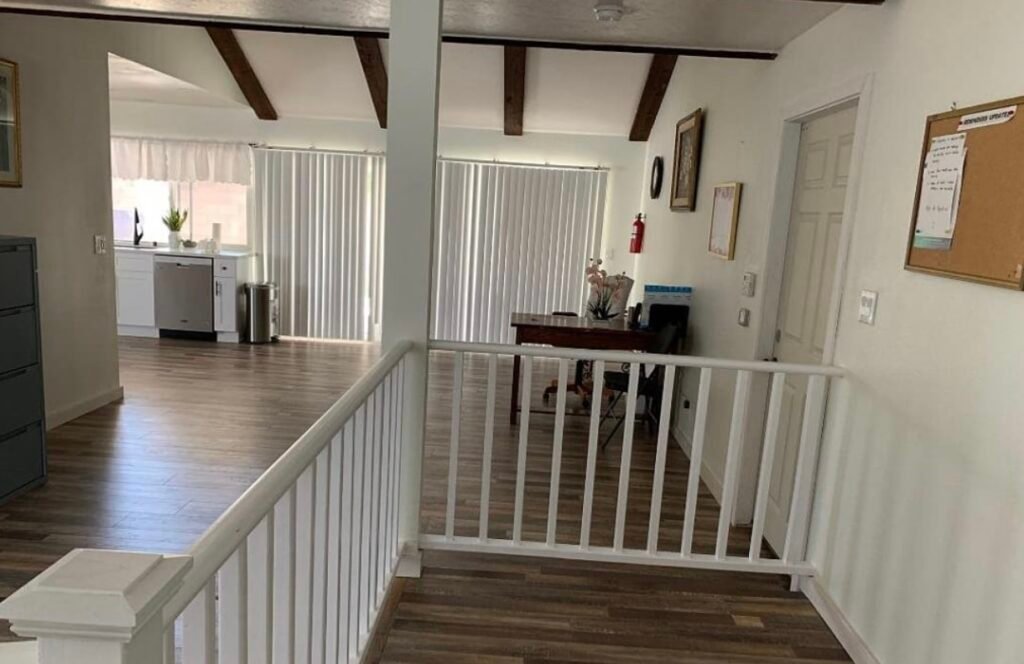Introduction: As our population ages, the need for comprehensive support services for seniors becomes increasingly vital. While preventing falls and promoting safety are essential aspects of senior care, additional services can further enhance the well-being and quality of life of aging adults. In this article, we’ll delve into various supplementary services that can provide valuable support to seniors and their caregivers.
- Home Care Assistance:
- Home care services offer personalized assistance with activities of daily living (ADLs) such as bathing, dressing, meal preparation, and medication management.
- Trained caregivers provide companionship and supervision, enhancing seniors’ safety and reducing social isolation.
- Transportation Services:
- Many seniors face mobility challenges that limit their ability to drive or use public transportation independently.
- Transportation services provide safe and reliable transportation to medical appointments, grocery stores, social activities, and other essential destinations.
- Meal Delivery Programs:
- Nutritious meal delivery services cater to seniors who may have difficulty shopping for groceries or preparing meals.
- These programs ensure that seniors receive regular, balanced meals, promoting proper nutrition and overall health.
- Social and Recreational Programs:
- Socialization is crucial for seniors’ mental and emotional well-being, yet many face barriers to social engagement, such as limited mobility or social isolation.
- Social and recreational programs offer opportunities for seniors to connect with peers, participate in enjoyable activities, and maintain a sense of community.
- Health Monitoring and Telemedicine:
- Remote health monitoring technologies allow seniors to track vital signs, medication adherence, and other health metrics from the comfort of their homes.
- Telemedicine services enable seniors to consult with healthcare providers virtually, facilitating timely access to medical care and reducing the need for in-person appointments.
- Memory Care and Support Services:
- Seniors living with Alzheimer’s disease, dementia, or other cognitive impairments require specialized care and support.
- Memory care programs offer tailored services to meet the unique needs of individuals with memory-related conditions, providing cognitive stimulation, structured routines, and compassionate care.
- Respite Care for Caregivers:
- Caregiving can be physically and emotionally demanding, leading to burnout and caregiver stress.
- Respite care services offer temporary relief for caregivers by providing professional assistance and supervision for their loved ones, allowing caregivers to recharge and attend to their own needs.
Conclusion: By incorporating additional support services into senior care plans, we can address the diverse needs and challenges faced by aging adults and their caregivers. These services not only enhance seniors’ quality of life but also promote independence, dignity, and overall well-being. As we strive to create age-friendly communities and support systems, it’s essential to prioritize the holistic needs of seniors and ensure that they have access to the resources and assistance they need to thrive in their later years.






abSalam
There are many variations of passages of Lorem Ipsum available, but the majority have suffered alteration in some form